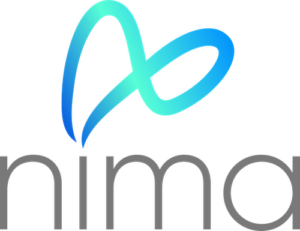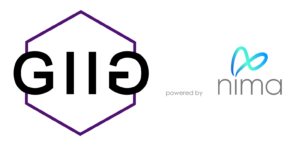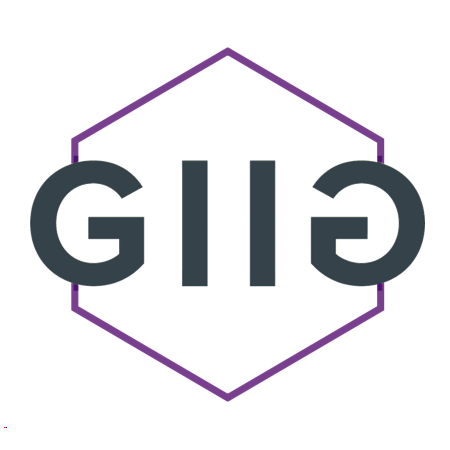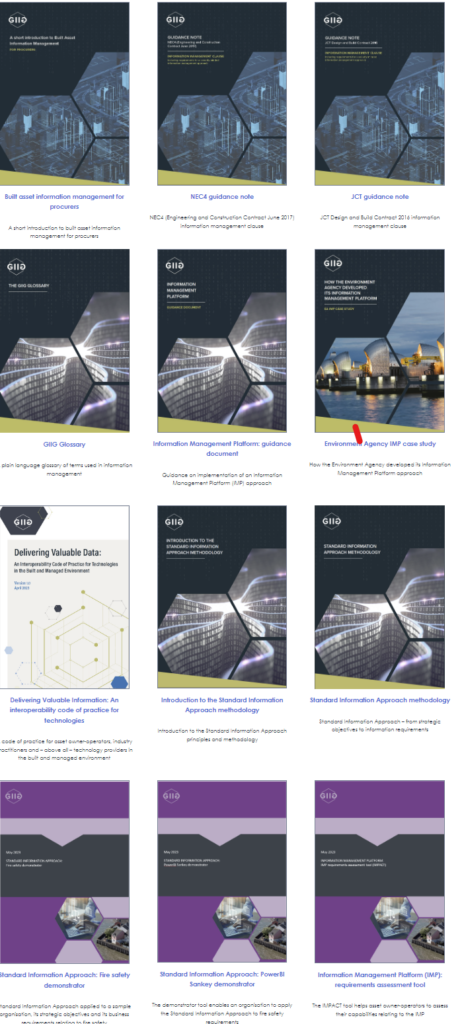GIIG – about
The GIIG (a trading brand of nima) is a not-for-profit business focussed on practical ways to enable efficient information management for built and managed assets. It helps organisations to create and manage reliable information that will remain findable, accessible, interoperable and reusable (FAIR).1
The GIIG is independent and impartial. We are an evolving group of specialists. Experts in interoperable information, we help with practical application of data-centric, open standards-based approaches in the built and managed environment.
Practical areas being addressed for improved outcomes – see publications – include (but are not limited to):
- the Information Management Platform (IMP) concept
- an interoperability code of practice
- data-centric approaches
- standard information approach
- procurement
- security, and
- future innovations.
The GIIG has been defining a set of tools to deliver a standardised interoperable delivery approach, covering the whole life-cycle of asset-related information.

The GIIG and nima
The GIIG’s interests in helping to increase interoperability and the practical application of data-centric, open standards-based approaches – as part of information management best practice – overlap with the objectives and interests of nima, of which it is part. The GIIG is one of the trading names of nima’s commercial arm, ‘nima Services’ (see Legal).

The GIIG is a social enterprise,2 a business trading for a social and/or environmental purpose: broadly, the practical delivery of better interoperability and the practical application of data-centric, open standards-based approaches in the built and managed environment. Our business model includes financial contributions to support nima, and an innovation fund to help finance agreed internal GIIG projects.
In our engagements, we seek to build consensus, to maintain alignment with the objects of nima, and to respect and build upon ongoing activities relating to the UK BIM Framework and to buildingSMART UK & Ireland (bSUKI). With the consent of the relevant client, we aim to share any non-project specific outputs from the work the GIIG undertakes that will be of benefit to the industry.
GIIG ethos
We thrive on debate with the aim of reaching consensus, and if consensus is not achievable, then we will at least help move the discussion forward, with the aim of achieving real long-term progress and value.
- Have a clear understanding of the group’s objectives
- Always share your opinions, their context, and your reasoning
- Be transparent about any conflict of interest
- Listen to all, and learn – this is the strength of the team
- Respect one another, with the aim of understanding different viewpoints
- Be prepared to adapt your opinion
- Accept that no individual can provide all the answers
- Lead by example
- Help grow consensus across all stakeholders
- The FAIR principles are a core element of the UK Government’s National Data Strategy. In the context of the GIIG’s work, interoperability means the ability to exchange and use information, ensuring that information is independent of the technologies used. ↩︎
- There is no single legal definition of social enterprise. In simple terms, a social enterprise can be defined as a business with strong social motivations and which ploughs its profits back into its strong social or environmental mission. ↩︎



